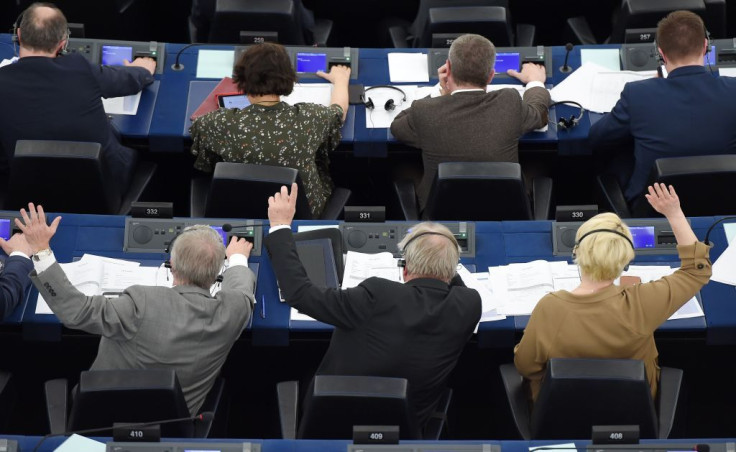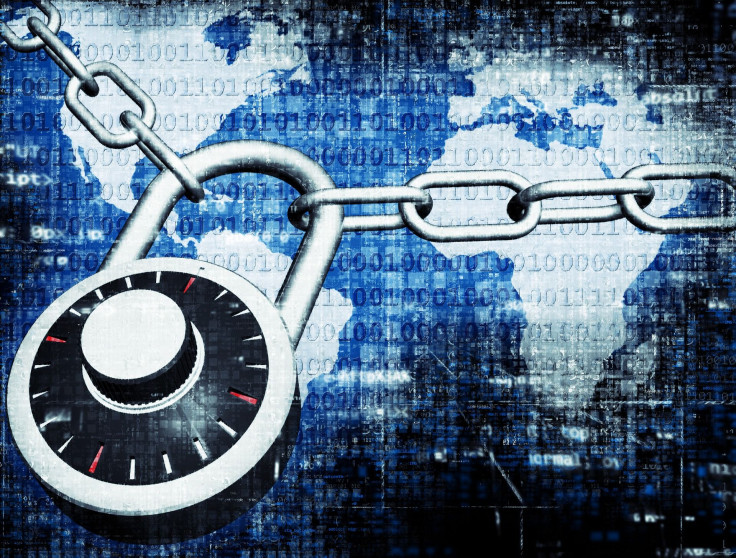Google, YouTube And Big Tech Facing Changes? Europe To Fix Internet Copyrights Laws

Europe hasn’t had the best relationship with big tech, as evident by the recent fines levied against Google. Now a new law may further strain that relationship between the global and economic forces.
European Parliament lawmakers on Tuesday announced sweeping changes to copyright rules with the passing of Article 13.
The laws would make platforms like YouTube liable for potential copyright infringement. The changes may also require sites like Google News to potential pay publishers for using certain content.
If approved, it would be the first major amendment made to copyright laws since 2001.
These are changes that had been pushed for by several media companies, record labels and artists for nearly two years. The argument from their side was that these changes are necessary to ensure certain copyright protections and that everyone is paid fairly.
Much like the net neutrality controversy in the U.S., the law has been opposed by the tech industry, with a crux of their argument being the need to build expensive filters and stop linking to or referencing publications. It had also spurned opposition from internet activists, arguing that it could lead to censorship.
They also warned that because the law is so broad, it could hit material not protected by copyright, including parody or quotations. Critics argued it could even kill off memes.
Julia Reda, a member of Pirate Party MEP who helped lead protests against Article 13, told Fortune that this would be "a severe blow to freedom of expression and diversity of voices online."
However, proponents of the law have said that Article 13 won’t be as restrictive and rigid as it might seem.
Eleonora Rosati, a lawyer and copyright expert at the University of Southampton, told CNN that "Some of the concepts are meant to be flexible, so that they will give room for flexible interpretation ... but of course that also leaves room for significant uncertainty."
The proposal is expected to be endorsed by the European Council and will take roughly two years to be properly implemented.

© Copyright IBTimes 2024. All rights reserved.











